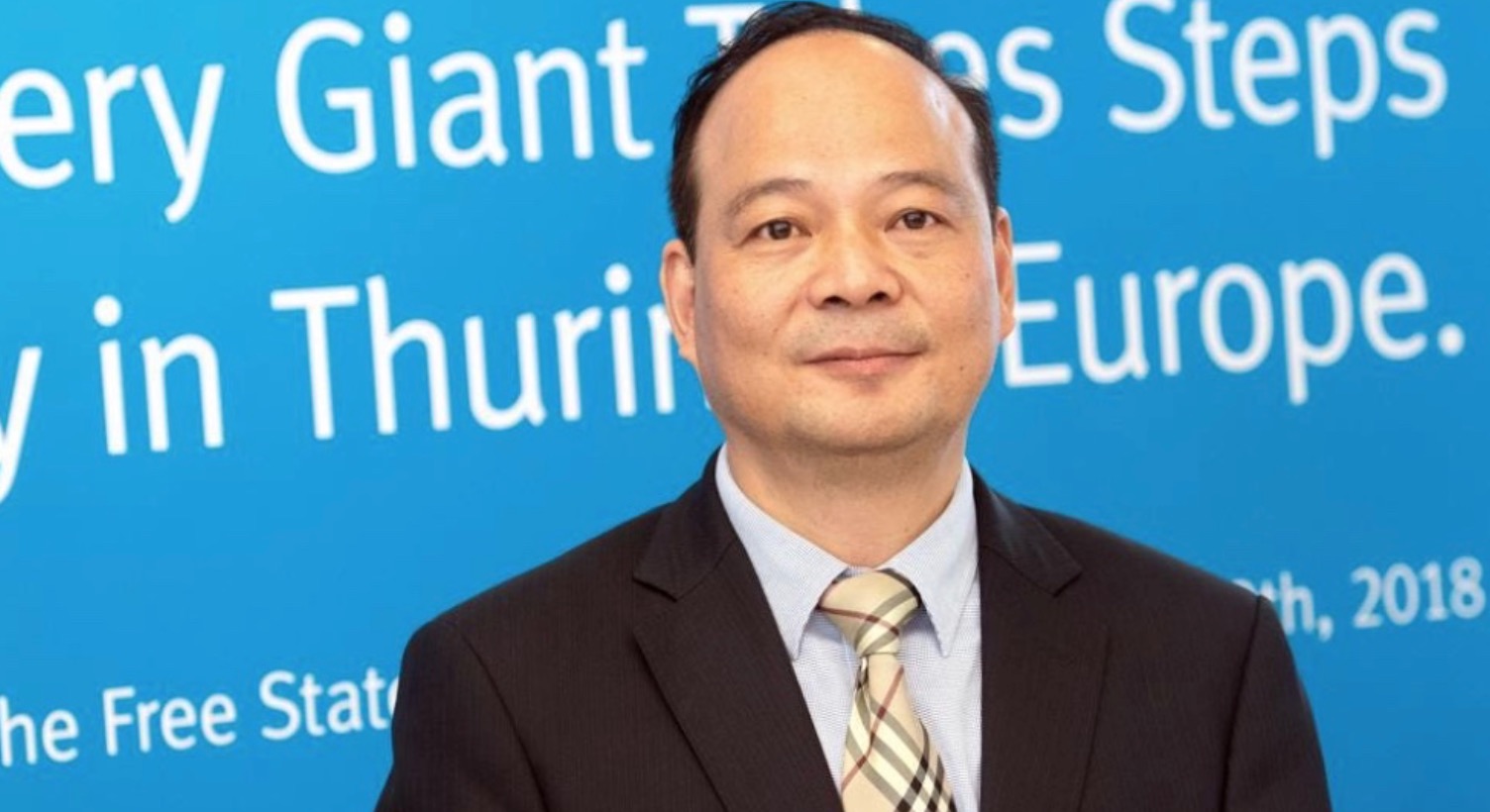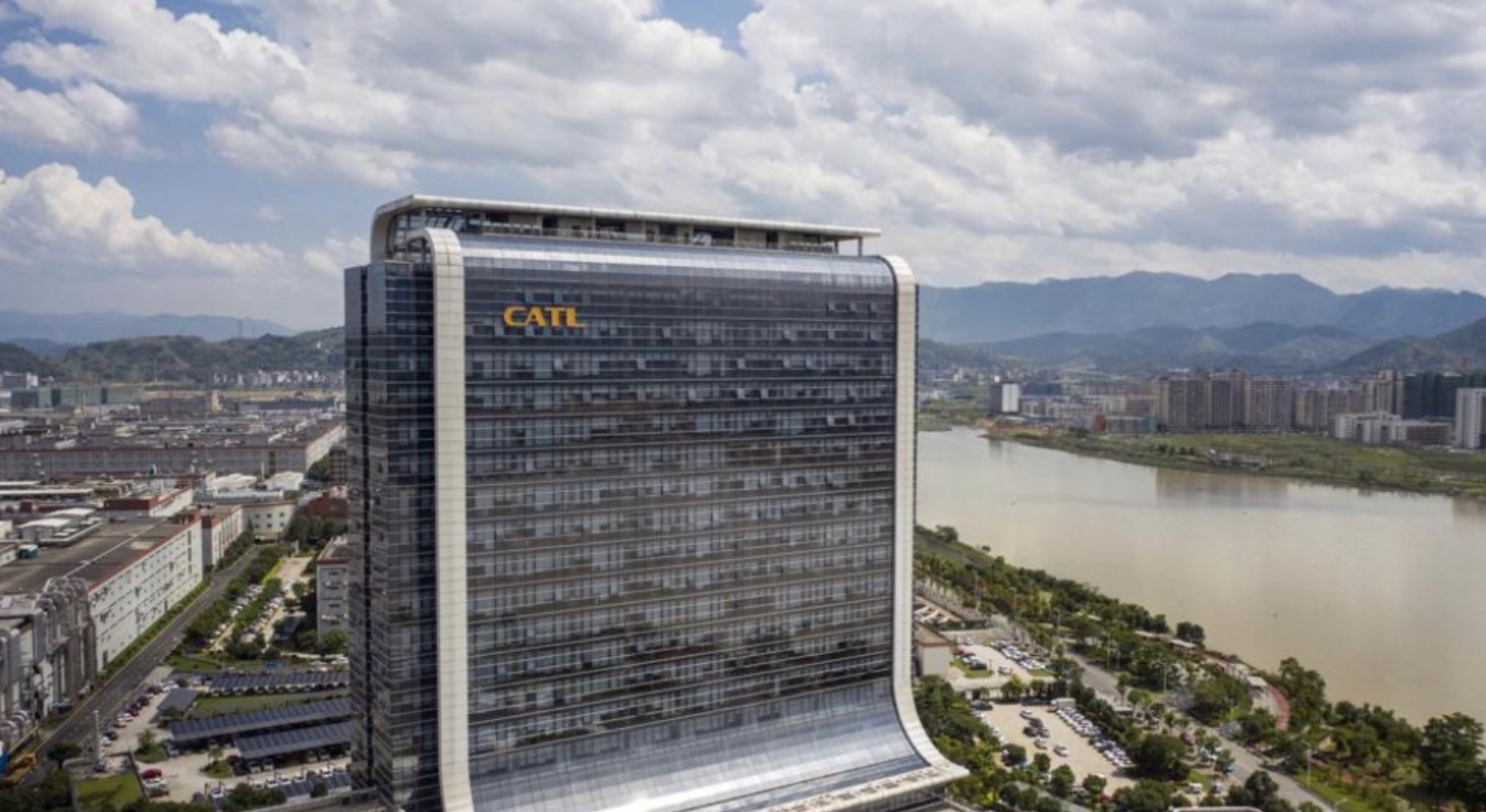11 May Forbes : Surging Costs And Covid Lockdown Have Cost This Battery Billionaire More Than $10 Billion
Media Source : Forbes
10 MAY 2022
by Yue Wang, Senior Contributor
Robin Zeng, the billionaire chairman of Chinese battery giant Contemporary Amperex Technology (CATL), amassed a fortune of $45 billion as his company supplied more and more products to the booming market for electric vehicles. But in a little more a month, surging costs and Covid-related lockdowns have wiped out almost a third of that staggering amount.

Contemporary Amperex Technology Chairman Robin Zeng (Photo by Paul Zinken/picture alliance via Getty … [+] PICTURE ALLIANCE VIA GETTY IMAGES
Zeng, 53, now has a net worth of $32.6 billion. His fortune is down $12.2 billion, or 27%, from $44.8 billion in early April, when Forbes published the world’s billionaire ranks for 2022. Shares of the Shenzhen-listed CATL, in which Zeng has a 24.4% stake, has since been on a losing streak as once-rich profits get squeezed by skyrocketing raw material costs.
For Ningde, Fujian-based CATL and other battery makers, chief in question is securing enough lithium, an element crucial to making rechargeable batteries for EVs. As demand for new-energy vehicles increases faster than expected worldwide, supply of this rare earth metal simply can’t keep up. An index for lithium prices has gained 130% in the first five months of the year, after surging 280% last year, according to data provider Benchmark Mineral Intelligence.
Yale Zhang, managing director of Shanghai-based consultancy Automotive Foresight, says it could take two years before supply gradually catches up. This is because even though there are enough lithium reserves on Earth (mainly in Australia, Latin America and China), opening new mines and refining extracts to usable grade are expensive and time consuming.
Zeng, in the meantime, can’t raise prices of CATL’s batteries at will. The company is the world’s largest battery manufacturer with a 35% market share in terms of sales globally, and counts automakers including BMW, Geely and Tesla among its customers, but it faces rising competition from second-place South Korea’s LG Energy Solution (16%) and China’s BYD (11%). A price hike that fully factors in the rocketing costs of lithium could scare buyers and risks pushing them to alternative suppliers. Plus, it could make a car some $7,500 more expensive, says Zhang. Batteries usually account for 30-40% of an EV’s total manufacturing cost, analysts say.
Bill Russo, Shanghai-based founder of advisory firm Automobility, says automakers, especially those in China, are simply unwilling to charge consumers that much more, as doing so could erode the attractiveness of many entry-level models.
“If you (CATL) can’t transfer price inflation to the market, then you end up with the business less profitable than was anticipated,” he says

The Contemporary Amperex Technology Co. (CATL) headquarters building stands in this aerial … [+] © 2020 BLOOMBERG FINANCE LP
The result is that in the first quarter of the year, CATL spooked investors and reported a 24% plunge in net profit to 1.5 billion yuan ($223 million), although sales rose 154% to 48.7 billion yuan. Expenses almost tripled from the same period a year ago, which the company blamed on “rapidly rising” upstream material costs. The disappointing results, plus a surprising disclosure of 1.78 billion yuan in derivatives liability, caused CATL’s share to plunge as much as 14% last Thursday. This year, the once richly valued company’s shares are down 35%, and the company’s Vice Chairman Huang Shilin, also a billionaire, has lost $5.5 billion since release of the world’s billionaire ranks in April.
CATL didn’t respond to e-mailed requests for comment. The company said during a May 4 telephone conference that it is “relatively cautious” when transferring lithium price hikes to its end customers, according to a stock exchange filing. It also said raw material prices remained at elevated levels in March and April, and would have an impact on second-quarter costs, although it had started negotiating with customers to adjust the price of its batteries.
Zhang Junyi, a Shanghai-based partner at consultancy Oliver Wyman, says CATL also faces slowing demand for its products. The lockdown of China’s financial center Shanghai, which is also a major auto manufacturing hub, has “paralyzed” the local auto sector, according to Fitch Ratings. In April, retail sales in the country’s auto market dropped a steep 35% year-over-year to 1.05 million units, as lockdown measures idled assembly lines, prevented shoppers from visiting showrooms and suppressed demand, estimates the China Passenger Car Association. Tesla, for one, is facing supply disruptions at its Shanghai plant. The company just restarted production in late April, and has installed a closed loop management system where workers sleep and work on site to prevent further spread of the coronavirus.
“Although production has resumed in Shanghai, auto factories have yet to reach their full capacity,” Zhang says. “Slower production means slower demand for CATL’s batteries, and this will affect the company’s sales over the next few quarters. ”
To ensure timely supplies, CATL is expanding abroad. The company is reportedly vetting sites for new battery plants in the U.S., after receiving approval in April to start production at its first overseas factory in Germany. In the same month, it declared a joint $6 billion investment in a mining and battery manufacturing site in Indonesia. Zeng has previously told investors that he is considering building more factories abroad to localize production.



Sorry, the comment form is closed at this time.